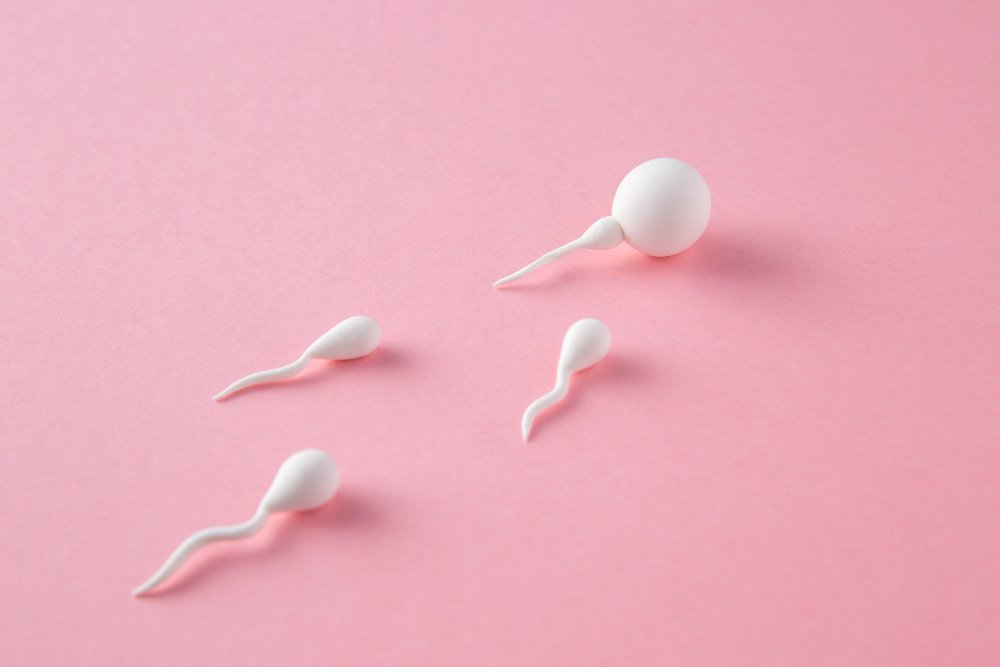
Best Vitamins and Nutrients to Boost Sperm Production and Quality
There is no single vitamin that can produce 100 million sperm in one week. Sperm production is a complex process called spermatogenesis, which takes approximately 64–72 days in humans. However, certain vitamins and nutrients can significantly boost sperm production, quality, and motility over time when combined with a healthy lifestyle.
Here’s a detailed guide on which vitamins are most effective for supporting sperm health, how they work, and how to use them effectively:
Key Vitamins and Nutrients for Sperm Production
1. Vitamin C
- Role:
- Vitamin C is a powerful antioxidant that reduces oxidative stress, preventing damage to sperm cells and DNA.
- It increases sperm count, motility, and morphology (shape).
- How to Use:
- Consume 1,000 mg daily through supplements or foods like oranges, strawberries, kiwis, and bell peppers.
2. Vitamin E
- Role:
- Known as the “fertility vitamin,” it improves sperm membrane health, protecting them from oxidative damage.
- Enhances sperm motility and the ability to penetrate an egg.
- How to Use:
- Take 200–400 IU daily. Foods like almonds, sunflower seeds, and spinach are rich in Vitamin E.
3. Vitamin D
- Role:
- Vitamin D is crucial for hormone regulation and is directly linked to testosterone levels, which influence sperm production.
- Studies show that men with adequate Vitamin D levels have higher sperm motility.
- How to Use:
- Aim for 2,000 IU daily. Get sunlight exposure or include foods like salmon, egg yolks, and fortified dairy.
4. Zinc
- Role:
- Zinc is critical for testosterone production and spermatogenesis.
- Deficiency in zinc is linked to reduced sperm count and quality.
- How to Use:
- Take 11–15 mg daily. Include foods like oysters, pumpkin seeds, meat, and chickpeas in your diet.
5. Folic Acid (Vitamin B9)
- Role:
- Works with zinc to improve sperm count and reduce abnormalities in sperm DNA.
- Deficiency can lead to a low sperm count.
- How to Use:
- Take 400 mcg daily. Foods rich in folic acid include leafy greens, avocados, and lentils.
6. Vitamin B12
- Role:
- Vitamin B12 boosts sperm count and motility by supporting healthy cell division during spermatogenesis.
- How to Use:
- Take 1,000 mcg daily or consume clams, fish, beef liver, and fortified cereals.
7. Selenium
- Role:
- Selenium acts as an antioxidant and is crucial for sperm structure and motility.
- Deficiency has been linked to infertility and poor sperm morphology.
- How to Use:
- Take 55 mcg daily. Foods like Brazil nuts, tuna, and mushrooms are rich in selenium.
8. Omega-3 Fatty Acids
- Role:
- Omega-3s improve sperm morphology and motility by supporting cell membrane health.
- How to Use:
- Include fatty fish (salmon, mackerel), chia seeds, or take 1,000 mg fish oil daily.
9. Coenzyme Q10 (CoQ10)
- Role:
- A potent antioxidant that enhances sperm motility and count by improving mitochondrial function.
- How to Use:
- Take 200–300 mg daily or include foods like organ meats, nuts, and fish.
10. L-Carnitine
- Role:
- An amino acid that helps improve sperm motility and overall sperm health.
- How to Use:
- Take 1,000–3,000 mg daily through supplements or foods like red meat and dairy.
How to Combine for Best Results
To optimize sperm production, take a combination of the above vitamins through a balanced diet and supplements. A typical daily regimen may look like this:
- Morning: Multivitamin containing Vitamin C, B12, D, Zinc, and Selenium.
- Midday: Omega-3 or fish oil supplement.
- Evening: Coenzyme Q10 and L-Carnitine.
Lifestyle Tips to Support Sperm Health
- Stay Hydrated:
- Drink at least 2–3 liters of water daily to maintain healthy semen volume.
- Avoid Toxins:
- Reduce exposure to tobacco, alcohol, and recreational drugs, as they impair sperm production.
- Manage Stress:
- High cortisol levels can suppress testosterone. Practice relaxation techniques like yoga or meditation.
- Exercise Regularly:
- Moderate physical activity boosts testosterone and overall reproductive health. Avoid overexertion.
- Maintain a Healthy Weight:
- Excess body fat can disrupt hormone levels and lower sperm count.
- Wear Loose-Fitting Underwear:
- Opt for boxers instead of briefs to keep testicles cool, as high temperatures impair sperm production.
- Get Adequate Sleep:
- Aim for 7–8 hours per night to promote optimal hormone balance.
Conclusion
While no single vitamin can increase sperm production to 100 million in one week, a combination of vitamins like Vitamin C, D, E, B12, zinc, and folic acid, along with lifestyle adjustments, can significantly improve sperm count and quality over time. Incorporate these nutrients into your daily routine, stay consistent, and adopt a healthy lifestyle to see improvements in sperm health within a few months.





